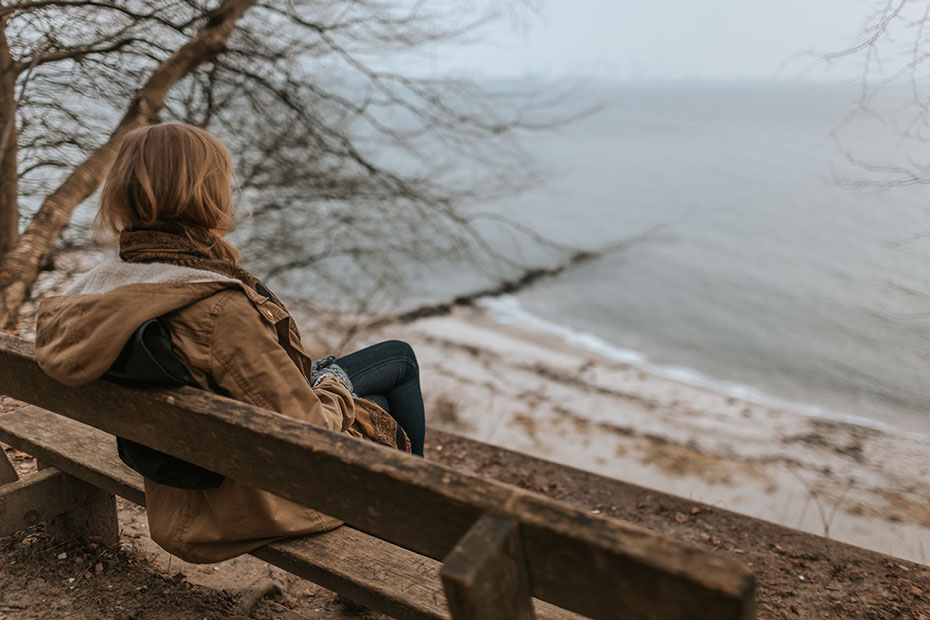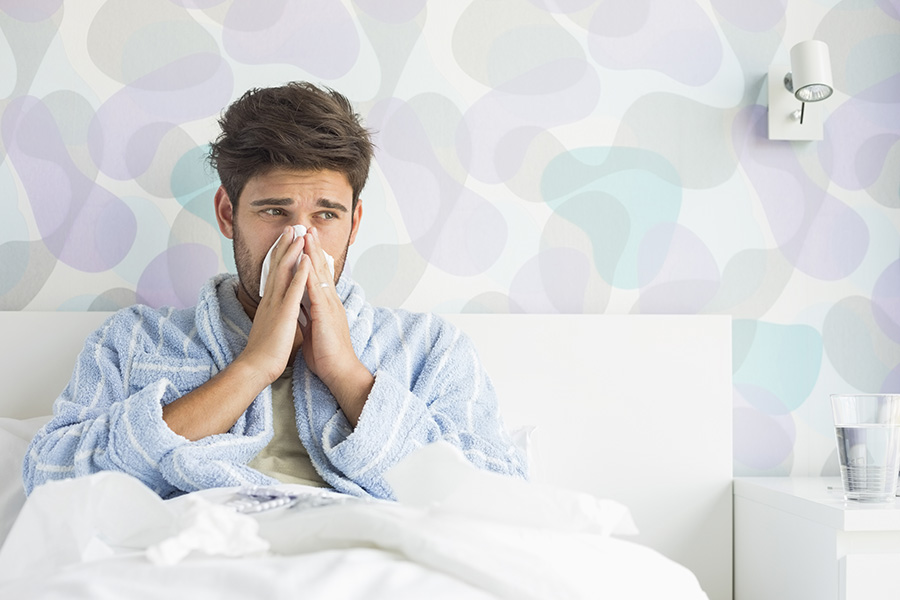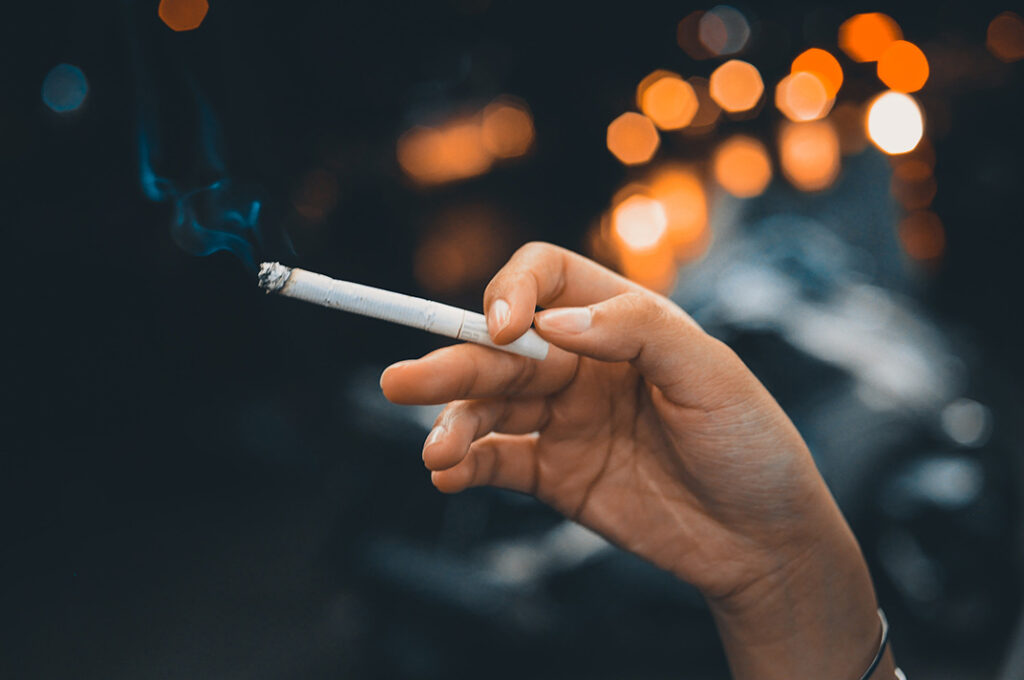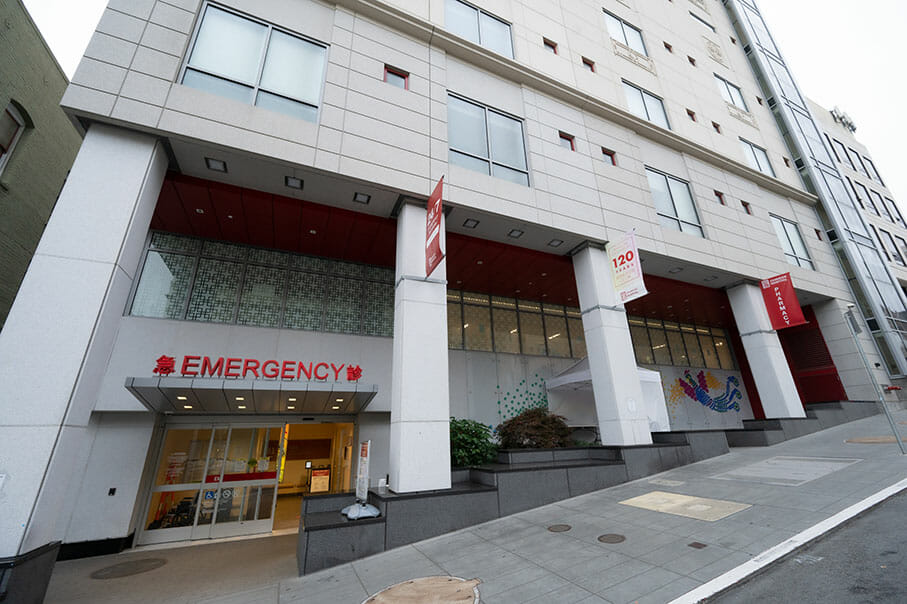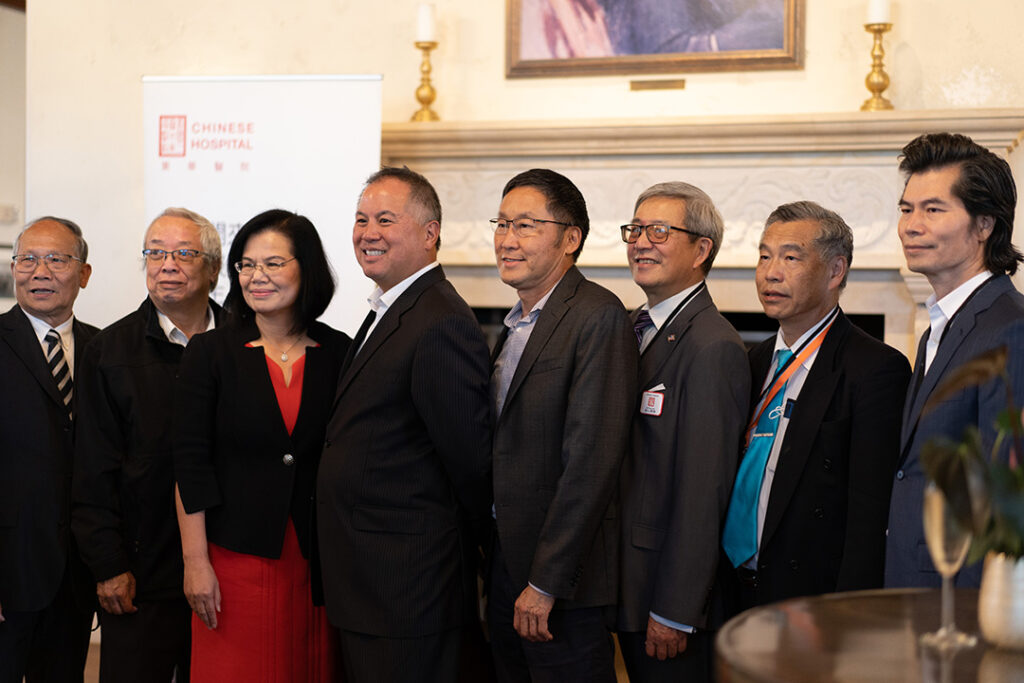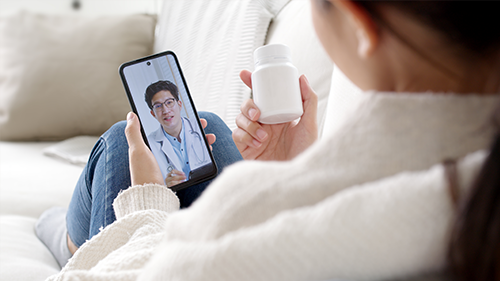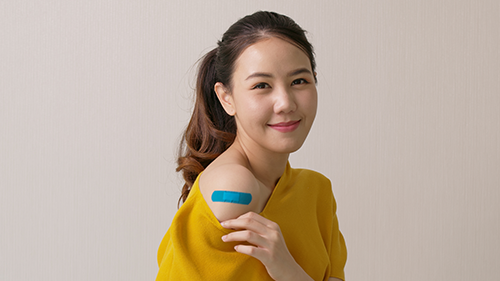Due to short days and cold weather, you may experience feelings of sadness, loss of energy, and other depressive symptoms this time of year. Reactions to the winter months vary from person to person, with some getting “winter blues” and some experiencing full-on seasonal affective disorder (SAD).
What is seasonal affective disorder (SAD)?
Seasonal affective disorder (SAD) is a type of recurring major depression with a seasonal pattern. This seasonal depression occurs mostly during the beginning of the fall season into winter. SAD affects about 1% to 2% of the population in the U.S., particularly women and young adults, while a milder form of winter blues may affect as many as 10 to 20 percent of people.
What are the symptoms?
For winter-pattern SAD, specific symptoms may include:
- Oversleeping
- Overeating, particularly with a craving for carbohydrates
- Weight gain
- Tiredness or low energy
- Social withdrawal (feeling like “hibernating”)
How to prevent SAD?
There’s no known way to prevent the development of SAD. However, you can take steps to manage it or prevent it from coming back.
- Use your lightbox
- Exposure to sunlight
- Eat a well-balanced diet
- Get regular exercise
- Stay away from alcohol and drugs
- Spend time with friends and family
- Take a tropical vacation
- Consider seeing a mental health professional
If you think you may be suffering from SAD, talk to your healthcare provider or a mental health specialist about your concerns. If you or someone you know is in immediate distress or is thinking about hurting themselves, text or call 9-8-8 to reach the National Suicide Prevention Lifeline, or visit 988lifeline.org.Henry G.C. Poon, Ph.D., LMFT.
Specialty: Marriage and Family Therapy
Language spoke: English, Cantonese, Mandarin, Japanese
Dr. Poon has 20 years of experience in marriage and family therapy with special training and skill in interviewing, diagnosing, counseling, and treating clients with different kinds of mental and emotional disorders within the context of marriage and family. Dr. Poon cares for people of all ages, – from children to the elderly. He provides mental health, emotional support, and counseling services to individuals, couples, families, and groups with cultural competence. Dr. Poon believes that addressing issues immediately, whether they are physical or mental, is extremely important to a patient’s health. “It is paramount to recognize and reach out to mental health services especially when things feel as if they are falling apart. I highly encourage people to address such issues instead of letting them stew for years,” Dr. Poon states. Appointment or Inquiry
For an appointment or inquiries, please call 1-628-228-2828.
Disclaimer: No content on this site, regardless of date, should ever be used as a substitute for direct medical advice from your doctor or other qualified clinician.
